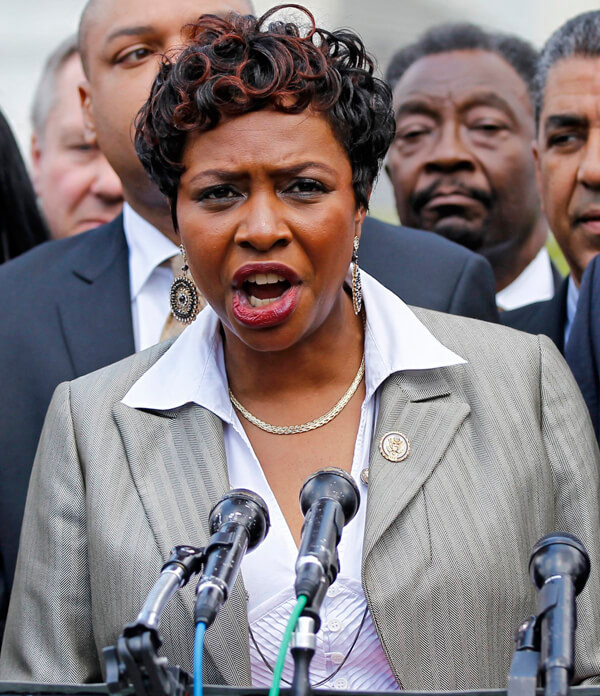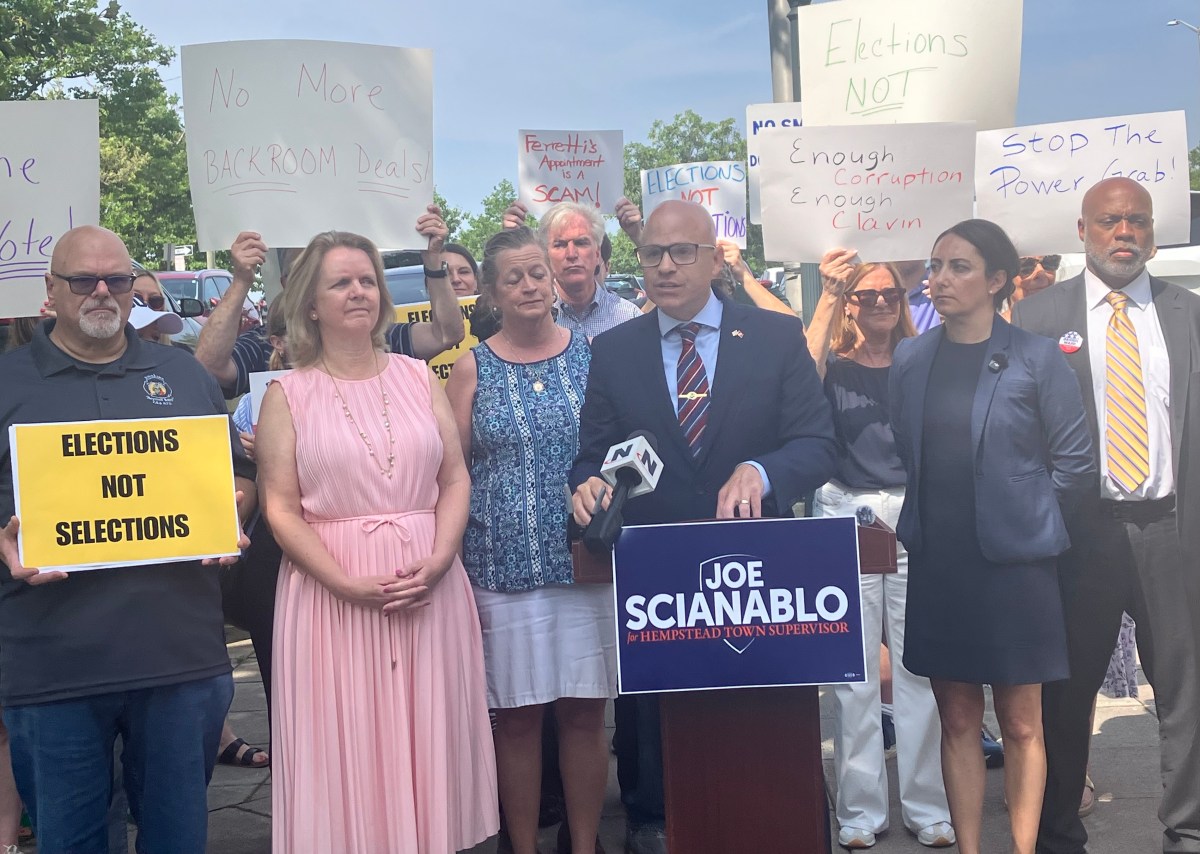I listened carefully on the discussions on reggae music during the month long celebration in February. I observed that it is a popular approach to analyse issues with a focus on outcomes at the expense of history. There is an obsession about looking at reggae in discussion about the genre and the world acclaim of the music but there is little discussion about the sociological, philosophical and political foundations of the music. Therefore, it is important that we examine the rise of reggae within the context of the political quality of the setting within which the music emerged. These reggae celebrations are good but the education aspect of the music in terms of its development and the foundational pioneers as opposed to the focus on a few popular stars.
The Rastafarian thinking and movement was an early influential and profound source from which reggae springs forth; and later the radical politics of the Manley administration which was like a second emancipation also created a setting that nurtured the rebel music. The new thinking of the philosopher-politician Michael Manley, that started 50 years ago, created the radical political space that offered a fertile ground that gave rise to the radical nature of reggae music. In terms of trying to understand the contemporary Jamaican popular music, it is important to look at the new of a new conservative politics and the emergence of new individualism and mass culture in the global and national society. Generally speaking, the nature of the music is a reflection of the society at that time of history. There is indeed this reflection in the African American tradition that contributes in a significant way in the emergence and development of African American music tradition. The celebration of reggae should include the critical role of the African American musical experience in the development of modern popular in Jamaica.
Music and its definition and re-definition
I received 0 out of 100 for my second form music test, but I never forget the definition of music imparted to student by the stern music teacher Mrs. McCalla. In her fine Jamaican Standard English she defined music as “a combination of sounds that are pleasing to the ears.” It is somewhat a Euro-centric view of music rooted in the definition that music is “a combination of vocal or instrument to produce beauty of form, harmony and expression of emotion.” It is also defined as “the written or printed signs representing vocal or instrumental sounds.” Of course in Jamaica the earlier forms of music ranged from the classic definition to the introduction of African music by way of drumming. The latter bears no feature to the preceding definition of music. In the case of reggae having its own definition of music, I recall Joe Ruglass in the age of protest music in the 1970s said repeatedly that the Europeans used their stage to advance comedy and tragedy but we in Jamaica used it to advance the struggles for equal rights and justice. It was within the context that reggae music took form.
In addition to the Eurocentric definition of music I take issue with matters concerning the sources of music. Source has to do with a setting from which something originates; technically it relates to a process in which a particular element enters a system. However, there is a view that the sources to music are the primary and the secondary; the former speaks of instruments, musical sheets and manuscripts and musical performances. The latter has to do with music dictionaries, textbooks and monographs with research on music. There was a time when these definitions and descriptions of music were dominant in Jamaica. This dominance was disrupted by African drumming and the role of the church as new sources of music in Jamaica. Black music emerged in Jamaica, retention of Africa during the slavery era. No wonder theme of African liberation was a central to music of the 1970s, in the very early stages of reggae music.
Radical politics and revolutionary music
Music has valuable historical value; equally history and politics give rise to political expression in music: qualities of anti-establishment, protest, resistance and also songs designed for political campaigns. While the African American musical experience may have had an early influence on the development of protest music in the evolution of early modern popular music in Jamaica, it was the Rastafari influence that became the dominant feature in the rise of the protest nature of early reggae music; later the radical politics of Michael Manley became another powerful source in the emerging “rebel music.” The Rastafari thinking and movement constantly preached black consciousness, love peace and freedom and also the struggles form equal rights and justice. Themes of Garvey were also present. It must be remembered as the earliest advocate against cultural imperialism and this character was very much present in early days if reggae. There is no doubt that the anti-imperialist position, support for African liberation and the ushering of a new consciousness and national spirit emerged in Jamaica. The music began to reflect the radical politics. Earlier I mentioned the influence of African American music on the development of modern Jamaican music in general and protest music in Jamaica. History shows that the radical politics of Marcus Garvey in the 1920s in Harlem, New York and also the radical nature of the Black Muslim movement radicalised some Jazz musicians to highlight Africa. In the 1950s and 1960s, the era that gave rise to the Civil Rights movement and later the black power movement. These progressive and radical developments in America had far reaching impact primarily on R@B with too many artistes and musicians to highlight but I must say Nina Simone and Curtis Mayfield are two radical forces in rebel music in America. These two musicians and artistes, especially Curtis Mayfield, also contributed to the development of protest music in Jamaica.
Reversing the progress: culture and politics and the 1980s
On the contrary we note a change in the world and national society in the 1980s. This was the era new individualism, conservative economics and politics, the age of mass culture and the marketisation of society and music. Society has become transactional and greed and selfishness became acceptable values. Much of the achievements in progressive political thinking and also the quality of culture that guided rebel music have been eroded. This conservative world and national society created a new setting that became powerful sources in the making of contemporary music in Jamaica. The music is indeed a reflection of society and also, in part, of the political leadership. So, it is important to look at the society and the changes involved and how this process influenced the music.
Reggae is an outcome of a historical and political process in Jamaica during the glorious era of the 1970s. As we celebrate it is important uncover and highlight some important features and foundations that were critical to development of the music form in its early stage. This approach is also helpful to describe the nature of contemporary music in the African American experience as well as the contemporary popular music in Jamaica. Permit me to pay tribute to Vin “King” Edwards, the only living very early pioneers of modern Jamaica music and pioneering sound system “King Edwards The Giant.” I hope you will be considered for a long awaited national award for your contribution in the emergence of modern Jamaica music.
Louis E.A. Moyston, PhD























